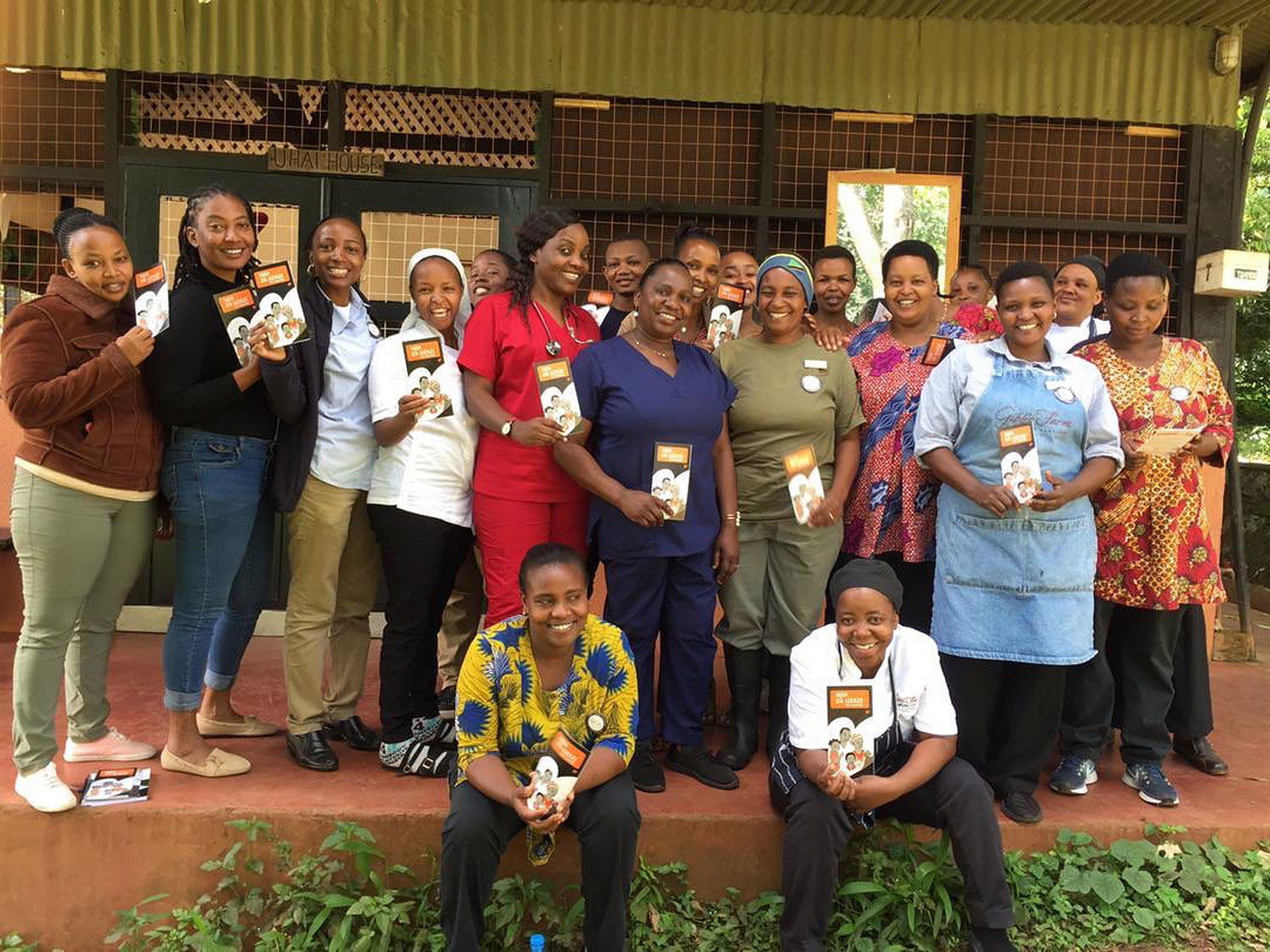
20 March 2022
The 8th March 2022 was International Women’s Day and the theme for this year was “Break the Bias,” this month we are recognising the girls and women of Gibb’s Farm.
Although the roles, livelihoods, and safety of women in Tanzania have improved significantly since the 20th century, the nation remains a strongly patriarchal society in which women face high rates of gender-based violence and barriers to full legal rights and education.
Girls are often forced into gender roles such as housekeeping and caring for siblings, and typically hold a lower social status than boys (UNICEF, 2005). If the opportunity for an education arises, it is usually only for a short period of time as girls are frequently forced to drop out of school when they reach puberty.
Poverty is one of the main preventions of girls’ education and is therefore partly responsible for gender inequalities. Destitute parents are often more concerned about how much their daughter is worth than the value of her education. For many parents, a daughter holds value and is therefore used as a quick solution to a family’s poverty, through the selling of a woman, from one man to another. This highlights the overriding patriarchal control, which allows men to control women “like currency, in some ways no different from the exchange of an animal or clay pot” de-humanising a woman into an object for the purpose of an individual’s desires (Ryle, 2015). As Coontz (2005) put it, “marriage is the cornerstone of patriarchal power.”
There are 135 employees at Gibb’s Farm and of these, only 35 are women. We have a long way to go before we can break the bias, but we did want to recognise the fabulous women who make up part of our Gibb’s Farm team. We wanted to empower our team members with tools and knowledge so that they may manage their own health and their own bodies. Most women are unable to visit a health care specialist without a husband, father or brother present. Education is limited and human biology is not taught. Even information passed from mother to daughter is limited.
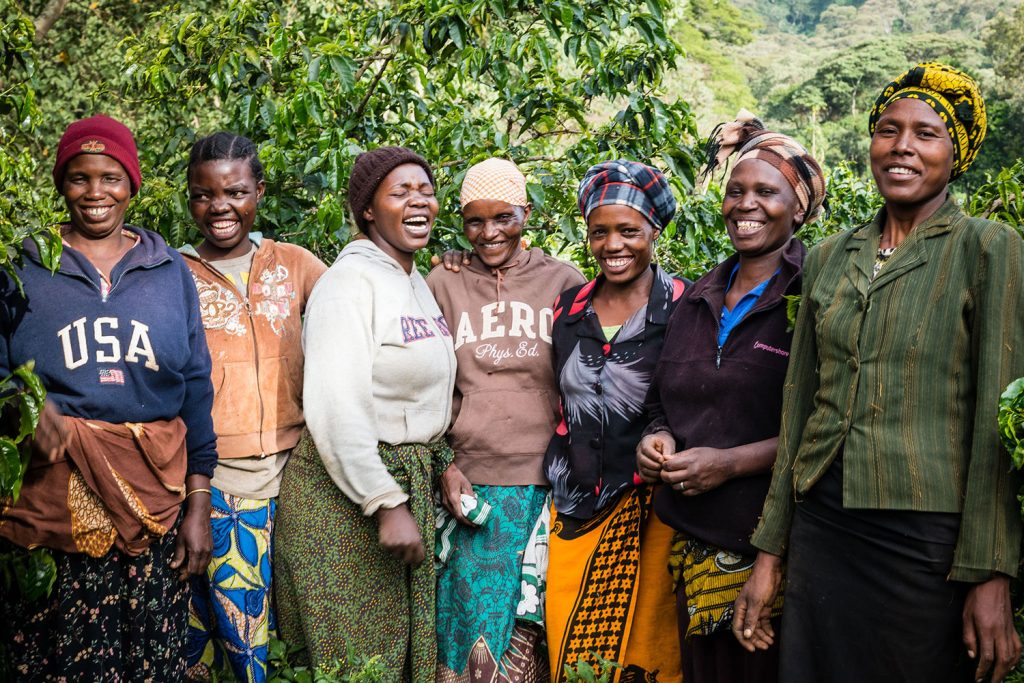
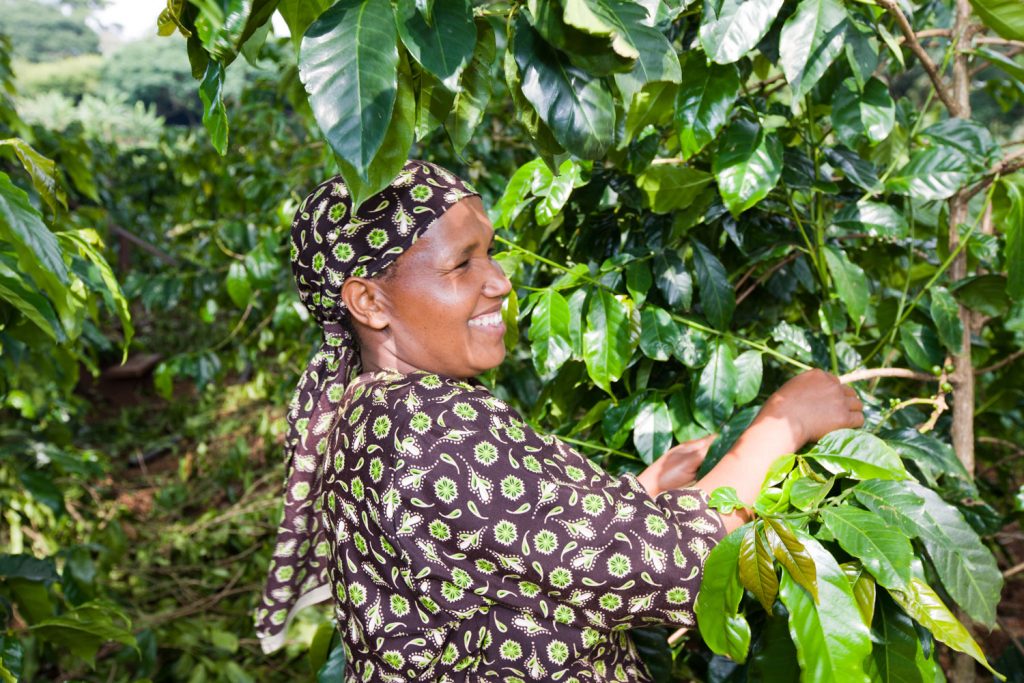
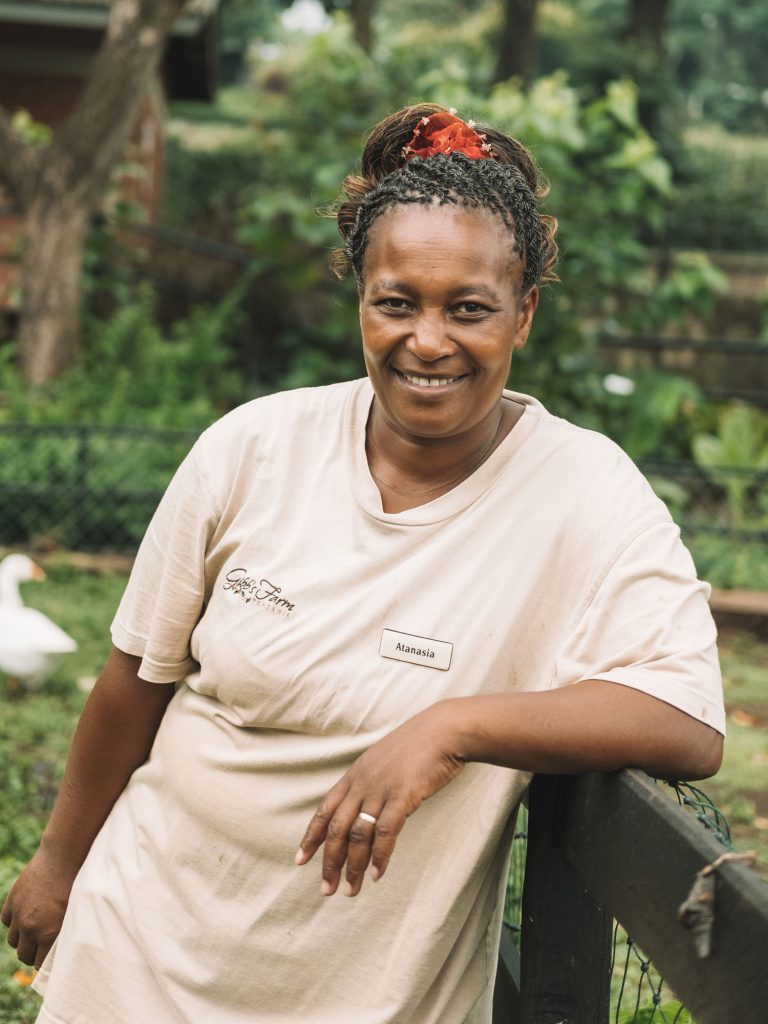
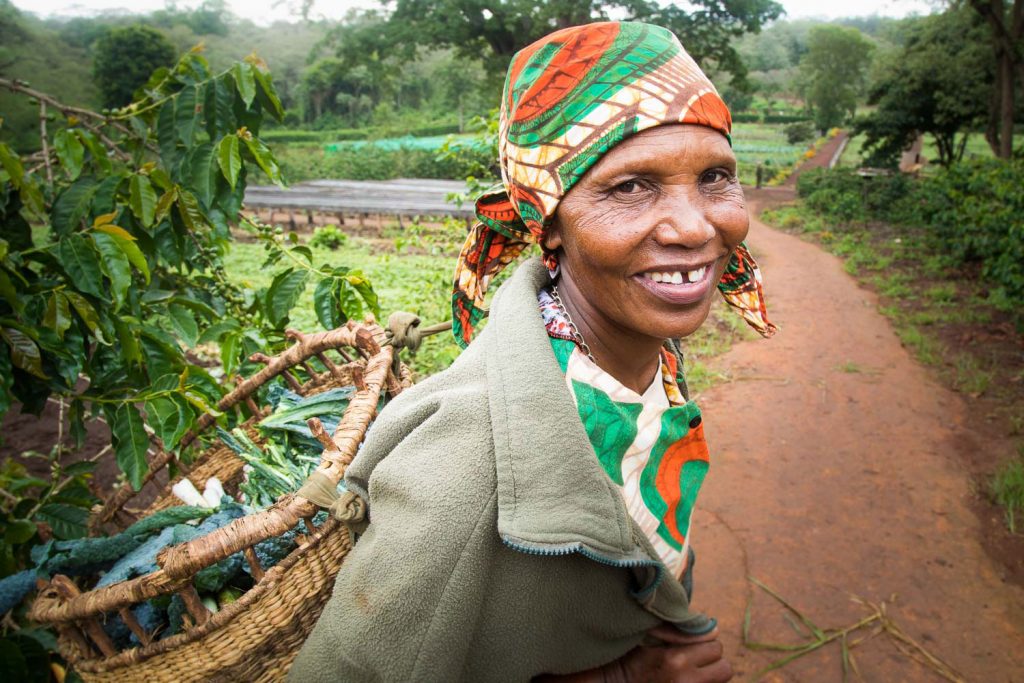
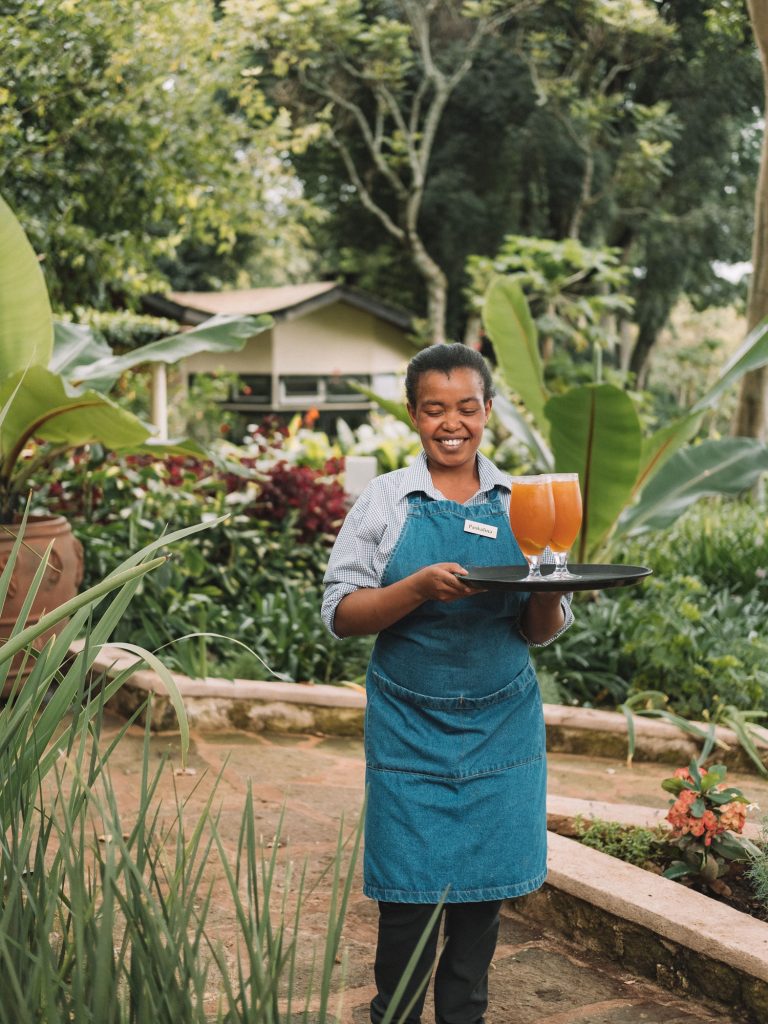
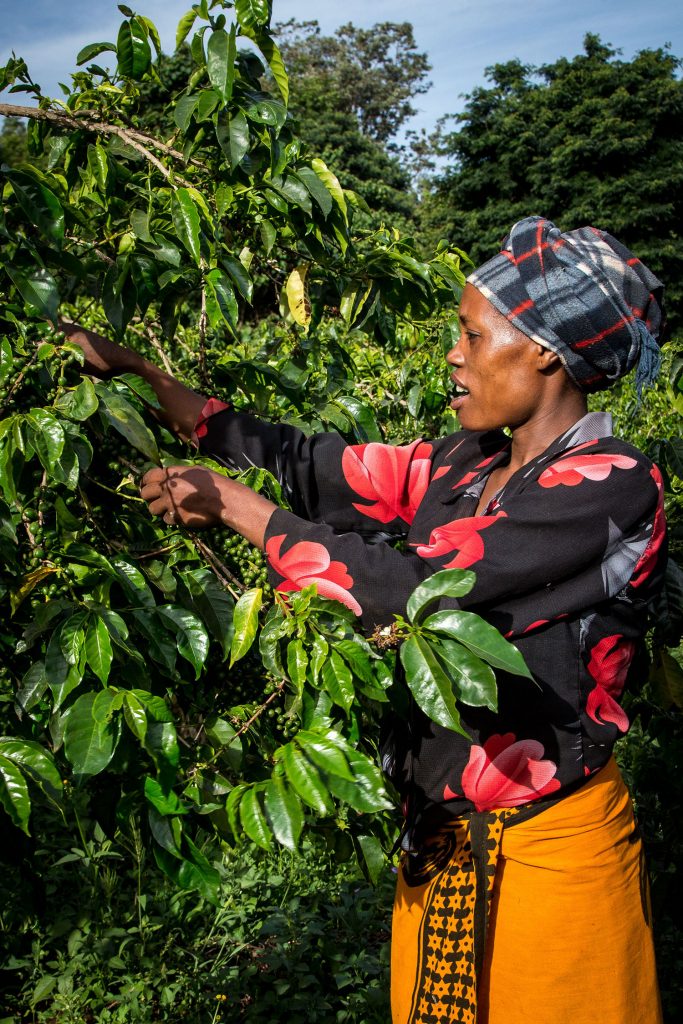
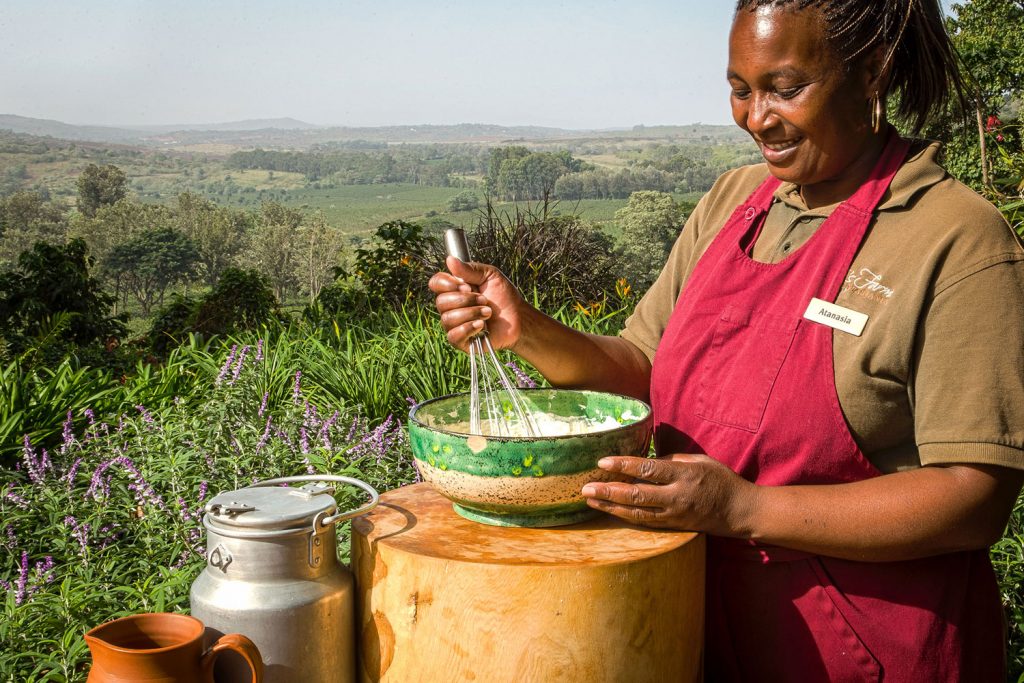
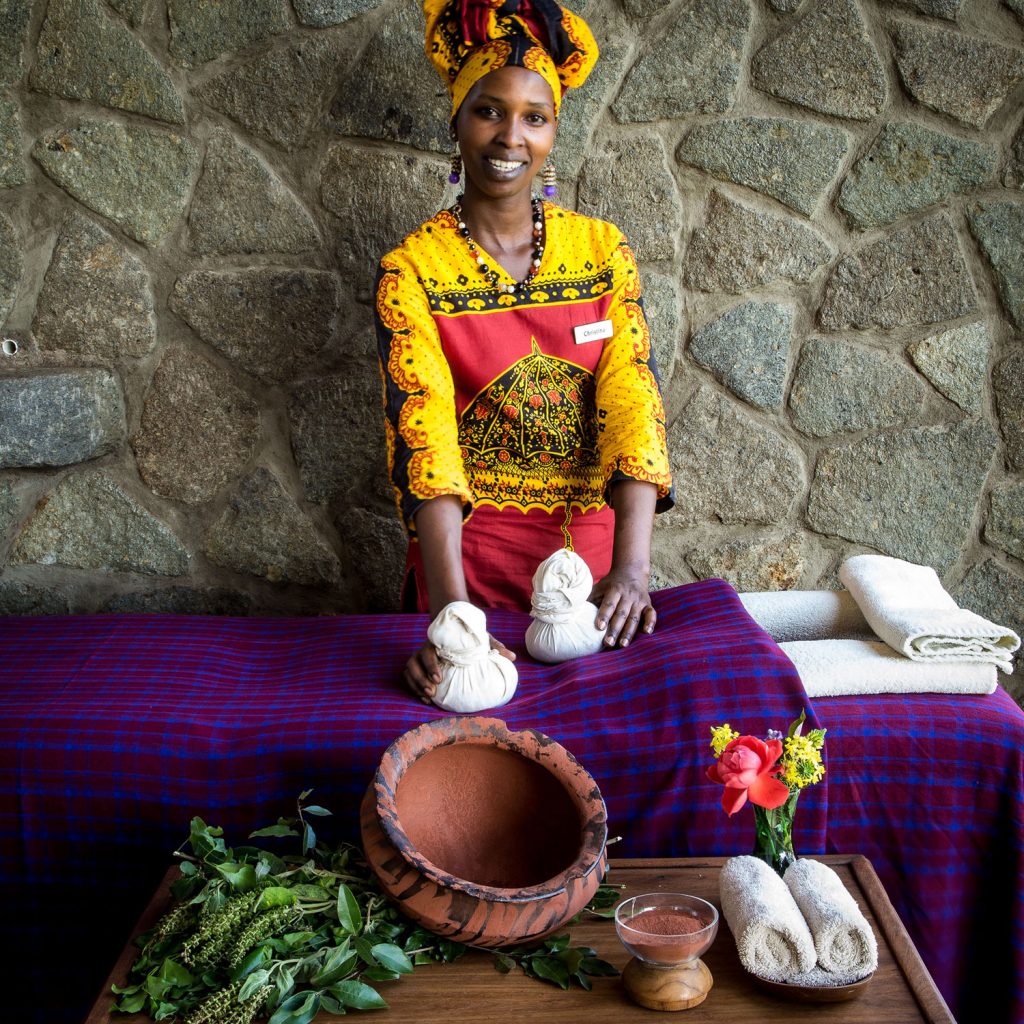
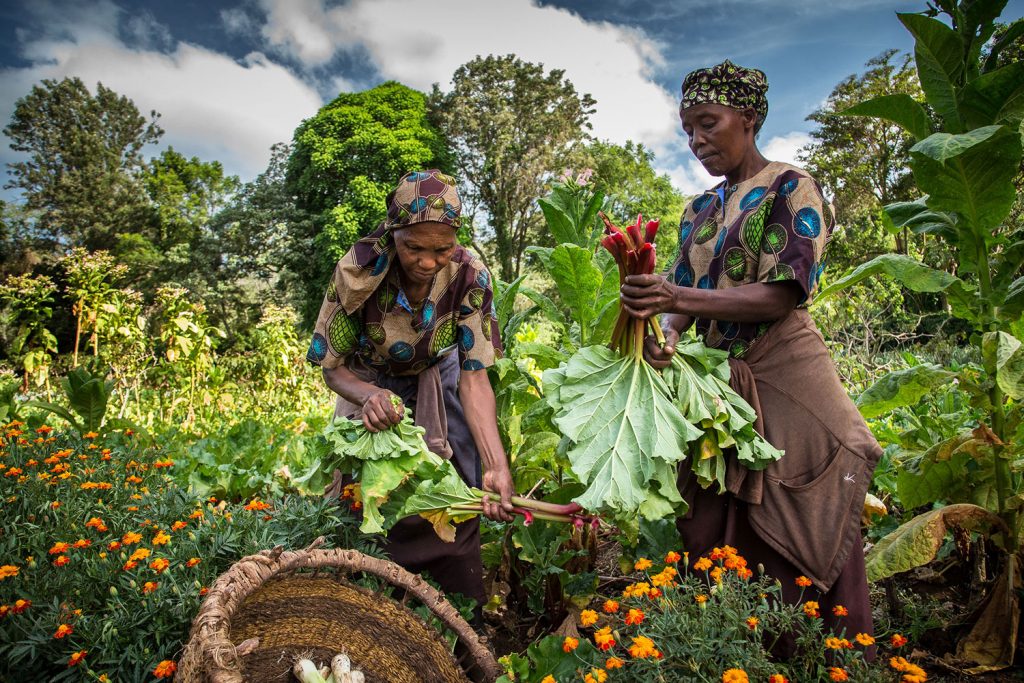
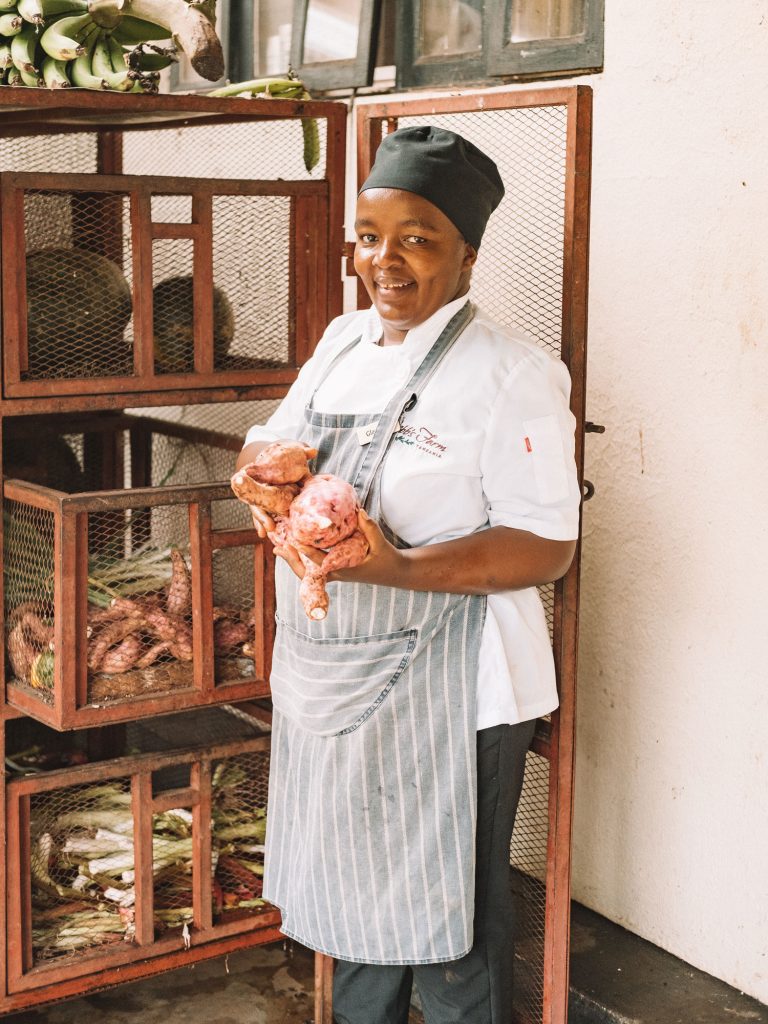
We contacted UMOJA which, with Days for Girls International, produce low-cost, reusable sanitary pads for girls and women. They also provide high-quality menstrual hygiene health education and training. Each reusable kit distributed lasts up to three years; the use of these kits help keep girls in school and work during their period, which translated to 180 extra days at school, reducing the gender academic performance gap. With better attendance and performance, girls have more opportunities for academic success, thereby creating greater access to higher education and employment, further breaking down the cycle of poverty.
We purchased one kit for each of our employees and we would love to see more of these kits purchased and distributed to school-age girls.
To celebrate the 8th March, we asked a doctor and a nurse from FAME medical centre to come and address the women, to speak to them about female health and answer any questions that they had. There were a lot of questions!
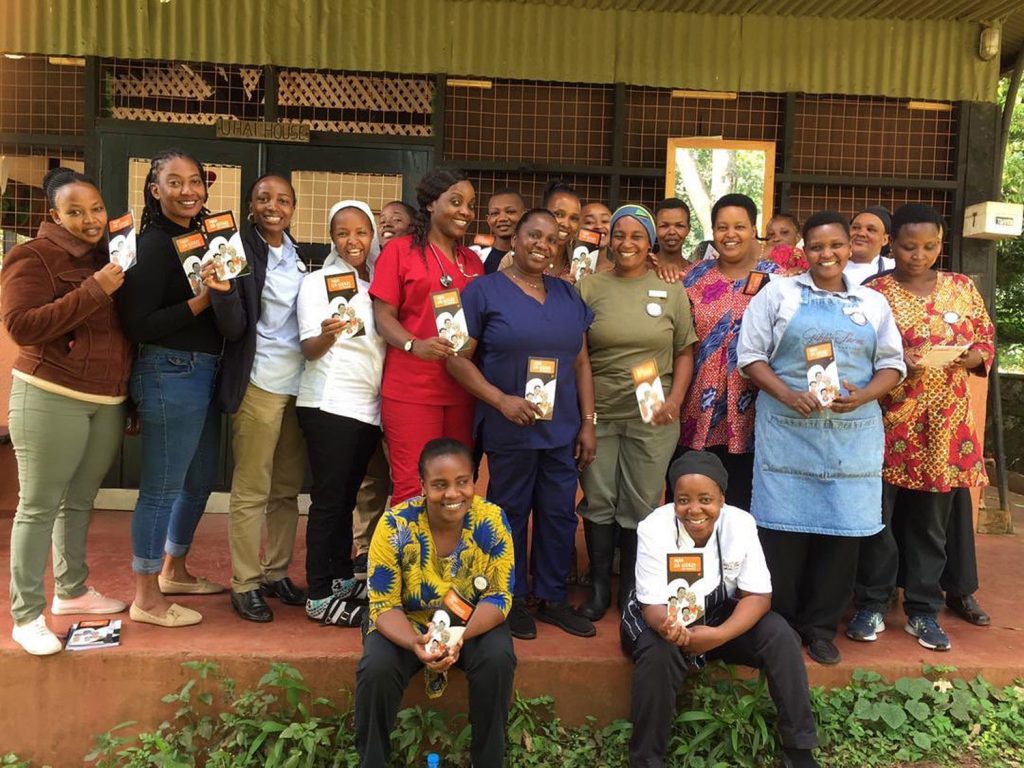
Gibb’s Farm has a deep connection to the community through personal relationships, cultural programs, and conservation efforts.